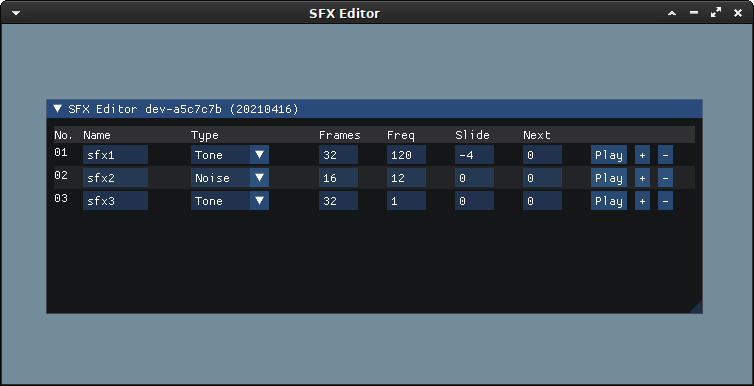Is it Thursday? No, but is close enough to see what happened this week in gamedev!
ZX Spectrum 48K beeper engine
I have always been fascinated by the different beeper sound engines produced in the 80s for the ZX Spectrum, and some of the modern ones too –see the work of utz/irrlicht project–. It is truly amazing how that sounds, considering that it is 1-bit audio.
Until now I was happy using the tools/engines released by Shiru, his BeepFX is probably the best you can get in 1-bit audio. There is a downside though, because to reach that level of sound quality, it has to use all the Z80 CPU actively, and that means interrupting your game. If the sounds are short enough is OK, but not perfect.
So a potential solution to this is running a beeper engine from the interrupt, which means the sound quality will be low because the Spectrum has only one interruption at 50Hz, and limiting the time you spend by frame so the sound won’t interrupt the game’s action (noticeably, at least; we know the interrupt interrupts). And you can also stop the sound being played, replacing it with another sound every 50Hz.
I’ve been working on an engine that is borrowing ideas from the engine used by Steve Turner in games such as Ranarama. Although there’s an disassembly of his routines –allegedly, I can’t confirm that is his code–, I don’t want to use it without permission and I feel it is too complicated and has features that, honestly, I don’t fully understand how to use.
My engine supports two types of sound: tone (square) and noise (random). Both can last for a specific number of frames, support a configurable frequency (that can “slide”), and is possible to link effects.
The engine is small, uses little CPU, and each effect is 4 bytes. Obviously I could support more things, but I feel I can get enough range of sounds to make a game without getting too deep in all the details Turner uses in his engine. The sound quality is low anyway, so for example it is very hard to tell the difference between square and sawtooth waves.
I’m also working on a sound editor, that uses a Z80 emulator library to run the Z80 player and collect sound samples to play the audio on a PC that is very close to what you get on a ZX Spectrum emulator.
I’m not sure how far I’m going to get with this, but it is likely I will release the final product as open source for anyone to use (with out without modifications, so you can change anything you don’t like).
